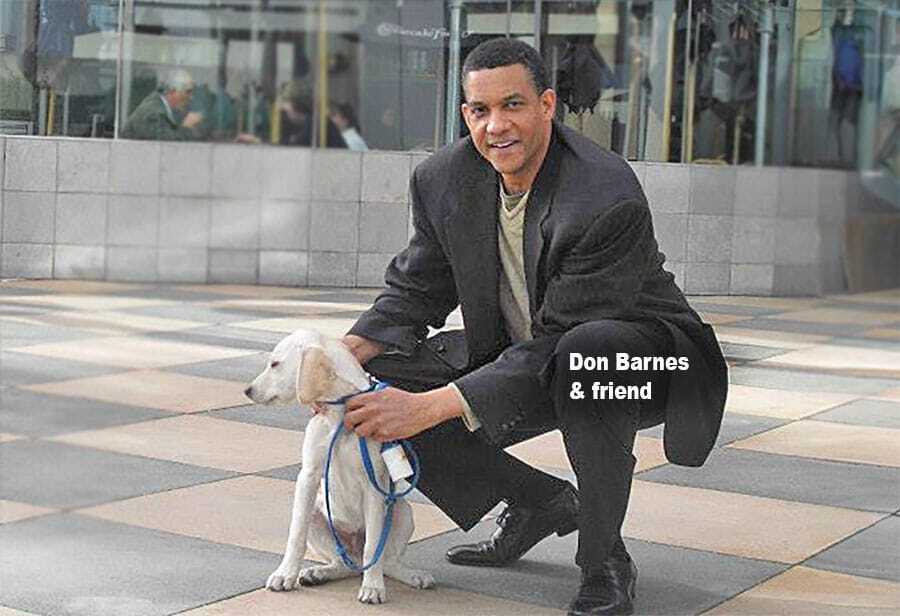
If you want to understand the American marriage market, don’t look at jewelers—look at pet stores. For many couples, pets are not an accessory but a cornerstone of family life. The American Pet Products Association reports that more than 70 percent of married households own a pet, and surveys show that couples are increasingly referring to their dogs and cats as their “kids.” Pets are part of the marriage package, and when marriages fall apart, those bonds are often the hardest to untangle.
America is in the middle of a quiet but telling legal revolution: pets are no longer being treated like couches in divorce court. Eight states and Washington, D.C. have already shifted from the “property” model to the “best interest of the pet” standard, a phrase once reserved for child custody disputes. Translation: if you’re splitting up in California, Alaska, or New York, the judge isn’t just asking who bought the dog—now the court is asking who walked it, who took it to the vet, and which household will best support its well-being.
This matters, because pets are present in the majority of U.S. households, including most marriages. That’s not a niche—it’s mainstream. And in a world where couples build Instagram accounts for their cats, push their dogs in strollers, and budget thousands for pet care, it’s no surprise that courts are catching up with cultural reality. Pets aren’t property. They’re family. Which is why custody battles between spouses are getting more emotional, more complex, and more expensive.
Don Barnes sees this fallout every day. He’s not a lawyer—he’s a pet grief counselor. His work begins after the court orders are written, when one half of a couple suddenly finds themselves without the dog or cat that defined their household. “The emotional toll is enormous,” Barnes says. “It’s not just about who feeds the pet. It’s about losing a relationship that feels like family.”
For couples, the loss can feel especially raw. Studies show that more than 70 percent of married households in the U.S. own a pet, and many refer to them as their “kids.” When the marriage unravels, custody battles aren’t just about assets—they’re about family members who bark or purr. That’s where the new “best interest of the pet” laws kick in. They give judges the power to look beyond ownership papers and weigh who actually provides care, comfort, and stability. But even when the gavel comes down, the grief often lingers.
Barnes has built a national reputation helping people navigate that grief—whether it comes with death, divorce, or forced separation. Through his long-standing website MyDogDied.com, he has created a hub where people in pain can find resources, share their stories, and connect with others facing the same loss. The site is filled with testimonials from pet owners who describe the devastating silence left behind after a companion animal is gone. It’s part blog, part support group, and part guidebook to surviving what can be one of the most emotionally difficult experiences of adult life.
The numbers bear out why his work matters. The American Veterinary Medical Association has found that more than 85 percent of pet owners consider their animals part of the family, and surveys show that nearly one in three pet owners report intense grief—comparable to losing a close human friend—when a pet dies. Clinical studies have linked pet loss to depression, anxiety, and even physical health declines. Divorce adds a second layer of pain: not only the end of a marriage but also, in many cases, the loss of daily connection to a beloved pet.
The irony is that while the legal system is modernizing, it may also intensify the battles. “Best interest of the pet” is a nice phrase, but in practice it means more room to fight, more room to litigate, and more legal bills. Expect to see the rise of “pup-nups”—pre-nups for pets—because the industry will always find a way to monetize the mess. And when those fights leave one party without the animal they raised and loved, Barnes’ work becomes the emotional clean-up crew.
Still, the cultural signal is undeniable: pets have finally broken out of the property box and into the family one. For millions of Americans, that validation is overdue. For Don Barnes, it’s confirmation of what he sees every day, both in private counseling sessions and in the outpouring of personal stories shared on MyDogDied.com. “The courts can decide custody,” he says, “but grief doesn’t care about paperwork.”







